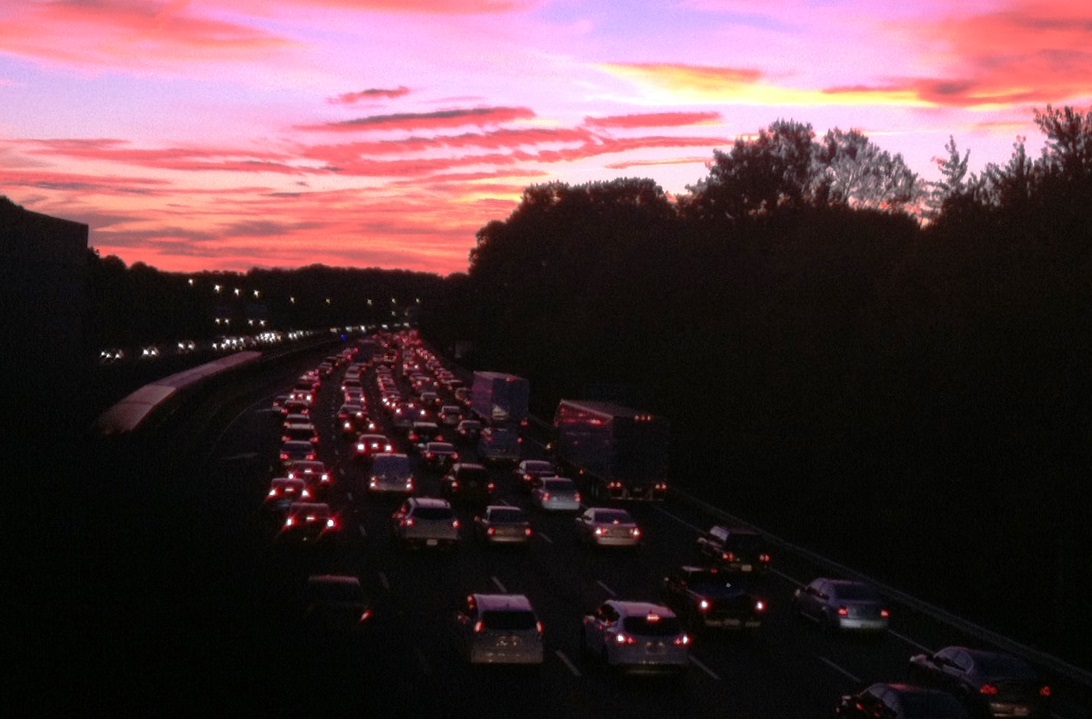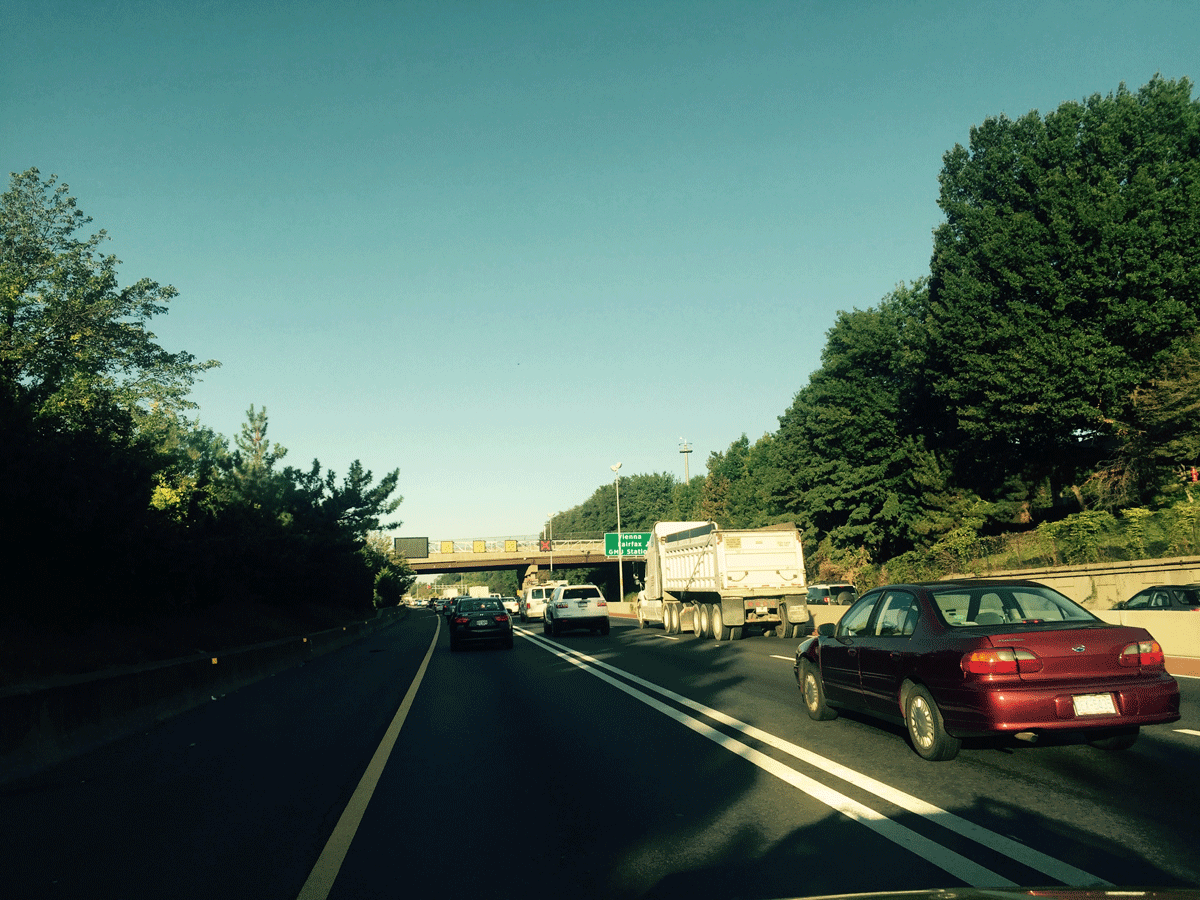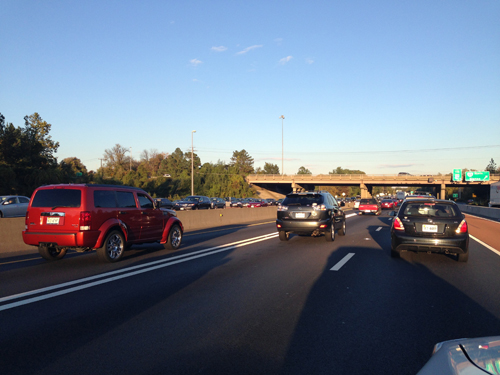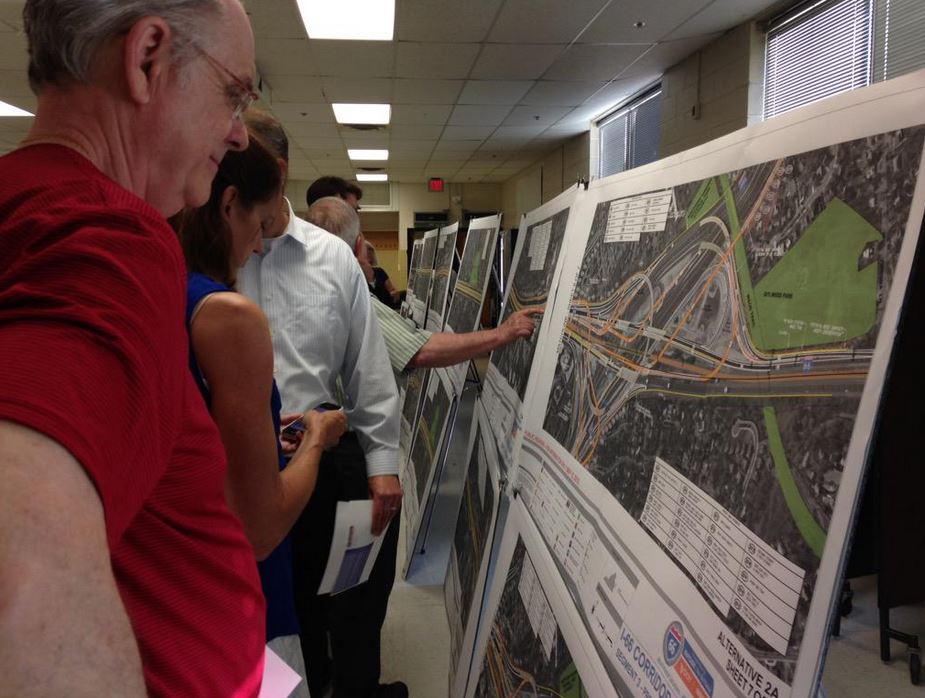FALLS CHURCH, Va. — Republican state lawmakers are calling on Gov. Terry McAuliffe to withdraw his proposal for adding tolls on Interstate 66 inside the Capital Beltway.
House Speaker Bill Howell calls the plan fundamentally flawed and encourages McAuliffe to start over again.
“The governor’s plan is outrageously expensive. By adding tolls without adding new lane capacity, it leaves the congestion completely unsolved,” says Howell.
Republicans have called on McAuliffe and transportation secretary Aubrey Layne to widen I-66 inside the Beltway when it adds tolls in 2017, rather than waiting until the 2020s to re-evaluate the issue.
“We’re not necessarily opposed to tolling if there is new capacity. But when you have no new capacity and put a $16 toll on people, that is not the right way to do it,” says Del. Tim Hugo.
Layne acknowledges that eventually the interstate might be widened, but it would be premature to do it right now.
“It is extremely expensive. Why wouldn’t you try less costly alternatives before you spend all that money?” counters Layne.
He admits politics do play a role in the decision to delay widening the interstate. Fairfax County Democrats are also compromising on the issue because it would rather see something done than nothing.
“We may, in our own minds, think to go ahead and widen I-66 inside the Beltway, but that may not be something that Arlington will agree to,” says Sharon Bulova, chair of the Fairfax County Board of Supervisors.
Arlington is pretty clear it won’t support widening upfront.
“The goal is to move more people through the corridor. It’s not focused on automobiles only. It’s based on a Bob McDonnell-administration multimodal study that provides the data to move forward. If the multimodal improvements don’t accomplish the goal, then widen down the road. But I don’t why you’d want to spend more money before you know if the cheaper way solves the problem. Let’s give that a try first,” says Arlington board member Jay Fisette.
But Del. Jim LeMunyon believes that Arlington lawmakers aren’t reflecting the views of the public. He adds that widening would make it easier to get to Arlington and that would benefit them economically.
“I think if you took a poll, most people in Arlington would want the road widened because they use the road too,” says LeMunyon.
House Republicans are also concerned about the toll rates. Beginning in 2017, the Virginia Department of Transportation will charge a toll for solo drivers — projected peak charges of $7 during morning rush hour and $9 for the evening rush. Reverse commuters would pay between $1 and $2, according to VDOT.
Howell calls the rates exorbitant and projects that some customers could pay $320 per month on their E-ZPass. This calculation would assume the driver pays the peak charges during both rush hours for 20 days per month.
Del. Jackson Miller adds that his constituents are worried about the tolls too. He represents Manassas and parts of Prince William County.
Loudoun County has already voted to oppose the plan inside the Beltway because commuters going to D.C. already pay tolls on the Dulles Greenway and the Dulles Toll Road.
“The constituents from my district will have to pay anywhere between $3,000 and $4,000 per year to go to work under this plan,” says Miller.
Layne tells WTOP that these numbers are misleading and won’t actually reflect what most people will pay per month on I-66.
“Most people won’t remain on the highway for the entire 10-mile stretch. And the important thing to remember is that people who already use I-66 during rush hours with two or more people won’t be paying a toll during rush hours,” says Layne.
Revenue from the toll lanes would go toward multimodal improvements in the corridor. The money would go to the Northern Virginia Transportation Commission, an agency that is pro-transit, bike and pedestrians.
House Republicans argue that toll revenue will go to bike lanes and walking trails that won’t benefit the drivers at all, but Democrats call these concerns unfounded.
“The majority of those funds are not going to go to bikes. They’re going to transit enhancements around buses, eight-car trains on Metro and technology for intersection improvements. The good thing is that the toll revenue will be dedicated to improve the travel of those people paying the tolls,” says Fisette.
Howell told reporters that if McAuliffe doesn’t withdraw his proposal, then lawmakers in Richmond will take legislative action in January.








